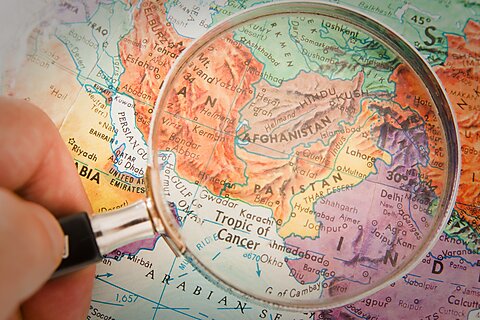Swaminathan S. Anklesaria Aiyar
India and Pakistan are in danger of starting another armed conflict. India may attack Pakistan after accusing its neighbor of aiding a terrorist attack in the Indian-held part of the state of Jammu and Kashmir that took 26 lives last week. Several terrorist attacks of lesser magnitude have occurred in the last year.
Indian Prime Minister Narendra Modi takes pride in acting tough with Pakistan. In 2016, he ordered “surgical strikes” across the border to hit alleged terrorist camps. In 2019, when terrorists hit an Indian paramilitary convoy and killed 40 soldiers, Modi responded by bombing a terrorist camp in Balakot, Pakistan.
Pakistan has always denied any connection with terrorist attacks in Kashmir, saying that these are internal Indian problems that India seeks to blame on its neighbor. When India bombed Balakot in 2019, Pakistan responded with a counter-air raid in which it downed and captured an Indian pilot. The pilot was released under diplomatic pressure. Both sides claimed victory, cheered on by loyal domestic media. Further escalation was avoided.
Modi’s track record suggests that he may well respond militarily to the latest terrorist attack. Pakistan’s record suggests it will retaliate against any Indian attack. Will the two nuclear-armed countries once again avoid further escalation?
Very probably, yes. But unanticipated blunders can never be ruled out. The best chance of avoiding escalation is for patriotic rhetoric on both sides to shift to another field—the dispute over shared river waters.
In 1958, India and Pakistan signed the Indus Waters Treaty (IWT), sharing river waters flowing from the Himalayas into Pakistan. This reserved the three northern rivers—Indus, Jhelum, and Chenab— for Pakistan and the three southern rivers—Sutlej, Ravi, and Beas—for India. However, India could generate hydroelectricity from the northern rivers through run-of-the-river projects that store insignificant amounts of water.
After the latest terrorist attack in Kashmir, India has suspended its participation in the Treaty. It will no longer seek assent from Pakistan or a river waters tribunal for new projects on the northern rivers. Home Minister Amit Shah has started meetings to discuss short-term, medium-term, and long-term action. In the short term, de-silting and excavation of the existing mini-reservoirs could marginally increase their storage capacity, but not by enough to significantly hold back water or release held-back water to cause ruinous floods downstream.
In the medium term, India could convert run-of-the-river dams into much bigger storage dams to generate more electricity and use water for strategic purposes. In the long run, India could divert northern rivers into the southern rivers at great cost, starving Pakistan’s fields of water.
Pakistan has long said it will consider any diversion of water to be an act of war. If pushed, it could attack India’s dams on the rivers. But India too could attack nearby Pakistani dams. Such scenarios will take years to play out. The greater danger is imminent armed action by India, followed by Pakistani retaliation.










